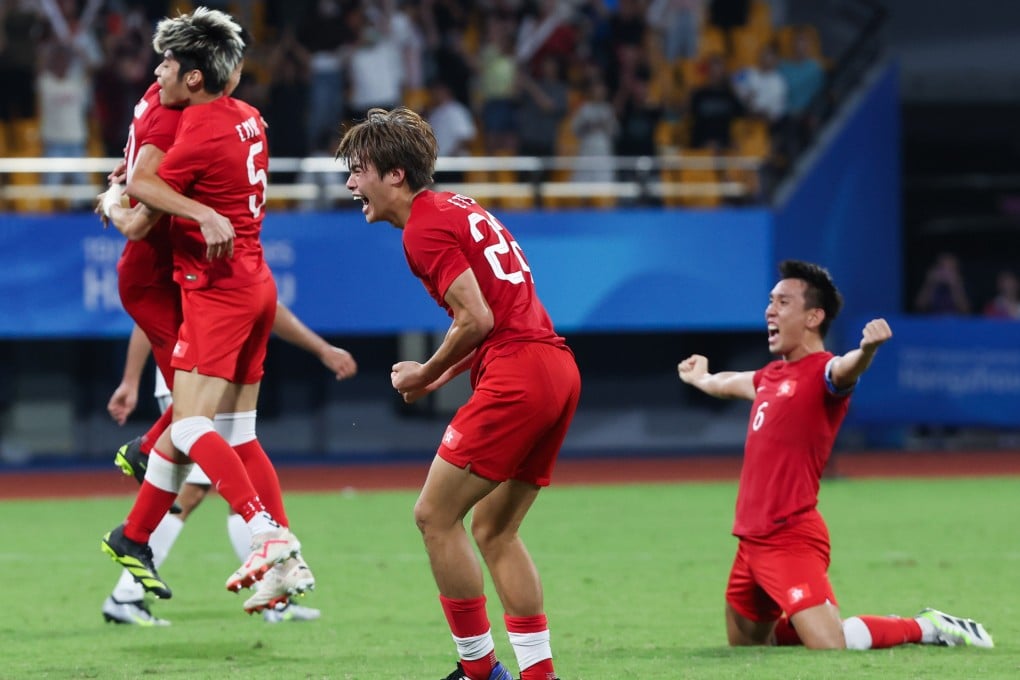Advertisement
Opinion | To lift Hong Kong athletes’ game, more targeted funding is needed
- The bulk of government spending on sports development now goes to community sports, while funding for the professionalisation of sports is also falling short
- There is also a solid case for reviewing funding for popular sports like football, which inspired strong support during the recent Asian Games
Reading Time:3 minutes
Why you can trust SCMP
0

Success in sports is something familiar to Hong Kong athletes. Over the past 10 years, talented and dedicated Hong Kong men and women have been achieving success in various sports, including athletics, badminton, cycling, fencing, golf, rugby sevens, sailing, swimming, table tennis and windsurfing.
Recently, Hong Kong’s sports profile has been raised even more dramatically with our athletes’ excellent results at the 19th Asian Games in Hangzhou that concluded on October 8. Hong Kong won 53 medals – eight golds, 16 silvers and 29 bronzes – finishing the games in 10th place by total medals.
Our best showing at the Asian Games puts us on a sound footing to co-host the 15th National Games with Guangdong and Macau in 2025, and showcase the importance of sports to the Greater Bay Area.
Major sporting events can have a significant economic effect, generating revenue, creating employment opportunities and positively impacting tourism, trade and even diplomatic relations. Over the years, the Hong Kong Sevens has become integral to the global rugby sevens circuit, showcasing the city internationally and attracting teams and fans from around the world.
Kai Tak Sports Park, scheduled to open next year, is the next progression and it will elevate Hong Kong’s status as one of the region’s premier sports destinations. At a cost of around HK$32 billion (US$4 billion), it represents our most significant investment in sports infrastructure and reflects the government’s commitment to sports development.
The state-of-the-art facilities will include a main stadium with a retractable roof and a seating capacity of 50,000, an indoor sports stadium which seats 10,000, and a public sports ground with a seating capacity of 5,000. Besides hosting and attracting major sporting events, the Kai Tak Sports Park will also provide facilities to support sports and leisure activities at the grass-roots level, where focus is needed most.
Advertisement
